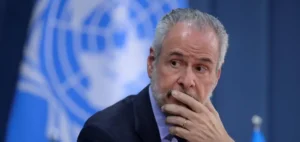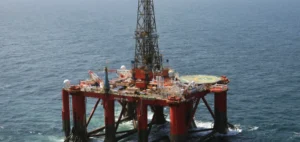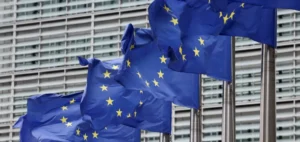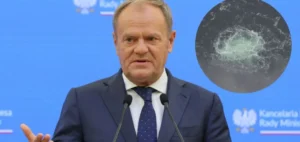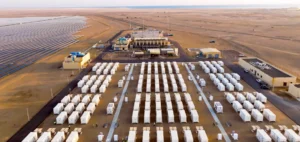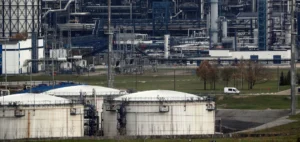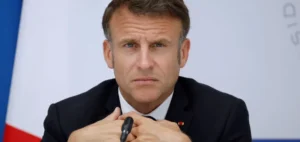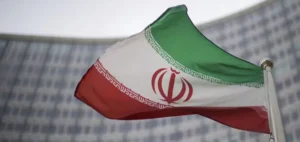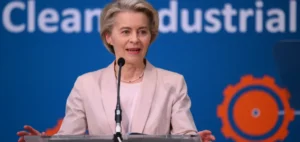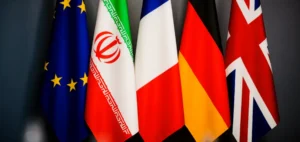The Essequibo, a disputed 160,000 km² territory, has become a major point of tension between Venezuela and Guyana. This region, rich in natural resources, notably oil, is claimed by Venezuela but administered by Guyana. The discovery of oil reserves by ExxonMobil in 2015 exacerbated tensions, turning the Essequibo into a crucial geopolitical and economic issue. The implications of this discovery have drawn the attention of the international community, including the UN Security Council, which is calling for a peaceful resolution to the conflict.
Military Escalation and International Responses
The recent mobilization of 5,600 Venezuelan troops at the border in response to the arrival of the British ship “HMS Trent” in Guyanese waters marked a significant escalation in the conflict. This military action by Caracas is seen as a direct response to the US military exercises in Guyana, considered a provocation by Venezuela. International reactions were mixed, with calls for restraint from several countries and organizations, while the United States and the United Kingdom expressed their support for Guyana, stressing the importance of respecting the country’s sovereignty and territorial integrity.
Venezuelan referendum and Guyanese position
Venezuela’s referendum on the annexation of Essequibo revealed popular support for the region’s integration into Venezuela. In response, Guyanese President Irfaan Ali declared a military alert, affirming his country’s determination to defend its territorial integrity. This situation has highlighted the deep divisions and sovereignty issues in the region, exacerbating tensions and highlighting the challenges of regional diplomacy.
Border Incidents and Regional Security
The crash of a Guyanese helicopter near the border, resulting in the death of five soldiers, has added an emergency dimension to the crisis. Although no direct Venezuelan involvement has been established, the incident has raised questions about security in an already tense region. An investigation is underway to clarify the circumstances of this incident, which has drawn attention to the need for careful incident management in this sensitive region.
Diplomacy and future prospects
Despite the tensions, efforts at dialogue were observed between the foreign ministers of the two countries. The situation remains complex, however, with mutual distrust and firm positions on both sides. The international community continues to monitor the situation closely, seeking to encourage a peaceful and lasting resolution to the conflict.
The Essequibo crisis, with its implications for security, natural resources and regional dynamics, remains a major challenge for peace in South America. The international community remains vigilant, seeking to facilitate a peaceful and lasting resolution.











